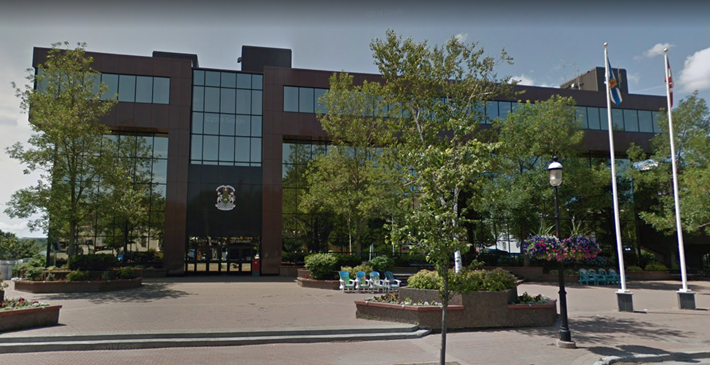Mayor Cecil Clarke, in a recent Q&A with the CB Post, gave his views on some of the challenges faced by the Cape Breton Regional Municipality in 2020. He began by noting the challenge of 'economic development' from the perspective of a municipal government. Recently, so much has changed about the expectations of municipal governments in the province to embrace economic development in their strategies to survive.
As the mayor points out, economic development does not fall within the policy jurisdiction of our local governments, nor within their cash-strapped budgets. The federal and provincial governments are the only two levels that have the tax capacity and revenue streams to plan and implement long-term development goals.
Almost always, costly infrastructure investments are required to set the stage for economic development affecting a particular municipality, usually within a regional framework. It takes lots of money, planning, and bureaucratic know-how to fulfil these goals.
Municipal governments are at a disadvantage under Canada's federal system: They are not recognized in the constitution as equal players with the provinces and the federal government. This leaves them as the bottom feeders in matters of economic development and national planning.
So much has changed since our federal system was conceived. Would we in fact still have ten provinces with three territories drawing their livelihood from an archaic system of national and provincial taxation? Or would we do things quite differently?
Of the more than 6000 governments operating in Canada, municipalities are the majority, with not much leverage beyond their attachments and subordination to provincial budgets. One would think these governments would lobby for empowerment under the constitution. It would change everything for rural and urban residents and move us into a modernized framework of governance in the 21st century.
But this would certainly be too much to ask of Cecil Clarke in his busy role as mayor of the CBRM! His main focus right now is the challenging and painful preparation of CBRM's budget for 2020.
Given what we already know from the Viability Study and the proposed budget from last year for 2019/20, there will be budget cuts affecting all departments and therefore all of us. Not much sympathy will flow from this provincial government to come to the assistance of the CBRM or any other municipal government.
Yet the HRM is spinning more construction cranes and paving its way to prosperity at the expense of all of us. That’s why it is important for Cape Bretoners to watch where the province is investing public money within the HRM. Its our money! Our local MLAs and federal MPs need to be vigilant.
Money going to sports complexes, recreational properties, certain businesses, and the municipality itself comes from somewhere within the hallowed halls of the provincial Department of Finance. General revenues are especially generous to the HRM. After all it is the "capital region"!
Mayor Clarke also answered questions on taxation, the proposed Library, departmental budget cuts, and a Charter for the CBRM. I will just comment briefly on the Charter.
A Charter is a legal instrument with an amendment formula to better define and reset the relationship of the CBRM with the provincial government. The Council needs to think about what it would like to see in a Charter and how it could empower our local government in matters of finance and economic planning.
We know that amalgamation in 1995 did not complete the evolution of our local government. A Charter could be the capstone of that evolution. A Charter is a necessary step in the modernization of the second largest urban community in Nova Scotia.
We also know that much of what the CBRM does without a governing Charter is muddling though uncharted territory under the watchful eye of provincial bureaucrats. A Charter could clarify the authority and independence of the CBRM: We will need to make binding decisions on future development for this part of the island. Any specific powers transferred from the province would be listed.
A Charter would be an opportunity to formally identify who we are, with specific reference to the eight former municipalities comprising this local government. A Charter would necessarily acknowledge the leadership of the Mi'kmaq in the community with reference to their history, language, and culture.
Finally, a Charter should 'entrench' the funding streams to the CBRM - especially equalization - to provide predictability about its role in the local budget process. When it comes to the equalization transfer, the devil is not in the details, but in the ambiguity of its original purpose and benefits. Remember, its a constitutional entitlement for using taxpayers’ money to ensure reasonably comparable levels of services and taxation no matter where you live in Canada.
What do you think about these matters? Please share your thoughts in the comments below.






2
Log In or Sign Up to add a comment.- 1
arrow-eseek-e1 - 2 of 2 itemsFacebook Comments